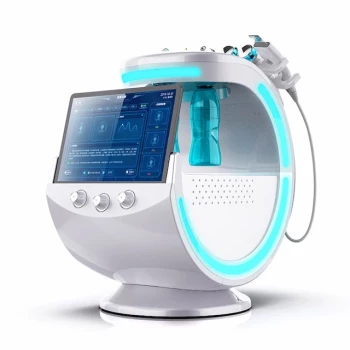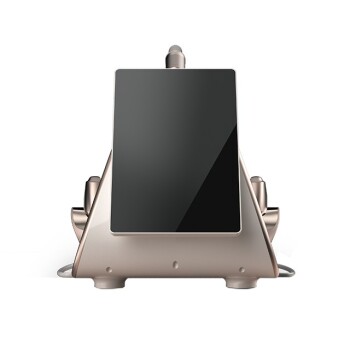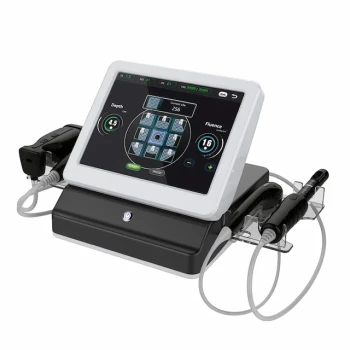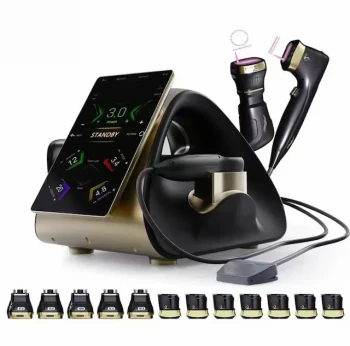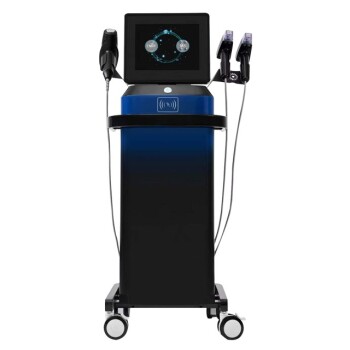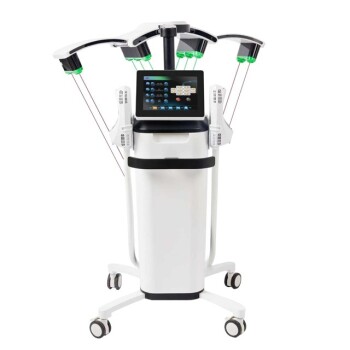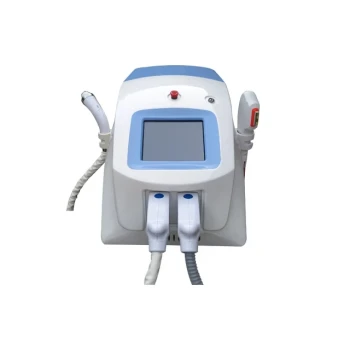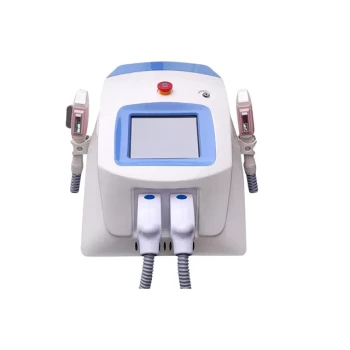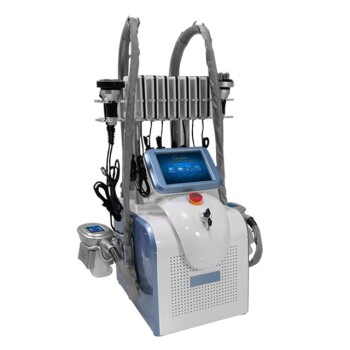To operate a HydraFacial machine, the practitioner must be a licensed professional with specific training in dermatology and cosmetic procedures. This most commonly includes licensed estheticians, but in clinical settings, it can also extend to nurses, physician assistants, and doctors, often working under the supervision of a dermatologist.
The key qualification is not just the ability to use the device, but the foundational expertise in skin science. A certified HydraFacial provider is backed by a professional license that ensures they can safely and effectively address your specific skin needs.
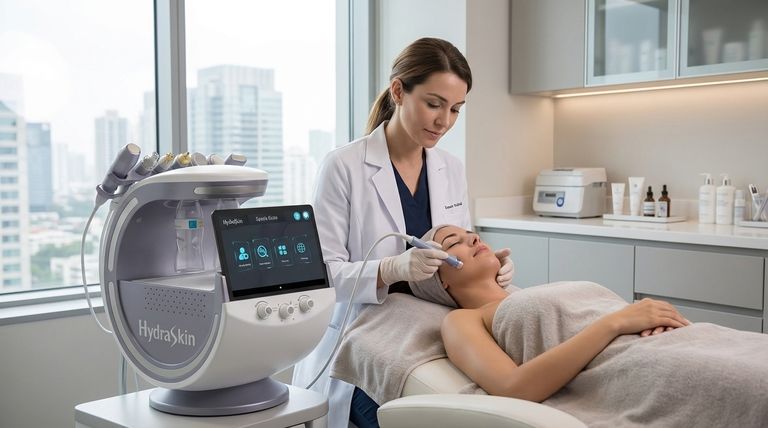
The Tiers of Certified Providers
While the HydraFacial treatment is standardized, the professional background of the person performing it can vary slightly depending on the setting, such as a day spa versus a dermatology clinic.
The Licensed Esthetician
This is the most common professional you will encounter for a HydraFacial treatment. Licensed estheticians are state-certified skin care specialists.
Their training is specifically focused on non-invasive cosmetic treatments, skin analysis, and cosmetic ingredients. The HydraFacial procedure falls directly within their scope of practice.
Medical Professionals in Clinical Settings
In medical environments like a dermatologist's or plastic surgeon's office, you may find the treatment administered by other licensed healthcare providers.
This can include a registered nurse (RN), a physician assistant (PA), or a doctor. In these cases, the HydraFacial is often part of a broader, medically supervised skin health plan.
Why Professional Licensing is Non-Negotiable
Simply being trained on the machine is not enough. The provider's underlying professional license is what truly protects the consumer and ensures a high standard of care.
To Ensure Client Safety
A licensed professional is trained to identify skin conditions that might make a HydraFacial inadvisable, known as contraindications. This prevents adverse reactions and ensures the treatment is appropriate for you.
For Proper Technique and Customization
Operating the HydraFacial wand requires a nuanced understanding of suction levels, application speed, and pressure. A trained expert knows how to adjust these variables for different skin types and sensitivities, from fragile, thin skin to thicker, more resilient skin.
To Adhere to State Regulations
Cosmetic procedures are regulated by state boards to enforce strict health and sanitation standards. A valid license confirms the provider is accountable to these regulations, ensuring a clean, safe, and professional environment.
Understanding the Trade-offs: Spa vs. Medical Office
The best setting depends entirely on your skin goals and whether you have underlying medical skin conditions.
The Spa or MedSpa Experience
Treatments in this setting are typically performed by a licensed esthetician. The focus is primarily on aesthetic improvement, such as enhancing hydration, improving texture, and performing routine skin maintenance. This is ideal for most clients seeking a cosmetic enhancement.
The Dermatologist's Office
Here, a HydraFacial may be performed by a nurse or PA under a doctor's direction. It can be integrated into a comprehensive treatment plan for medical conditions like acne, rosacea, or hyperpigmentation, often alongside prescription products or other clinical procedures.
Making the Right Choice for Your Treatment
Verifying your provider's qualifications is a simple but critical step to guarantee both safety and the best possible outcome.
- If your primary focus is routine skin health and cosmetic improvement: A licensed esthetician at a reputable spa or medspa is an excellent and highly qualified choice.
- If your primary focus is addressing a medical skin condition: Seeking treatment at a dermatologist's office ensures your HydraFacial is part of a holistic, medically supervised care plan.
- Regardless of the setting: Always confirm the individual provider has received official training and certification directly from the HydraFacial company.
Ultimately, entrusting your skin to a qualified, licensed professional is the most important decision you will make in your HydraFacial journey.
Summary Table:
| Provider Type | Typical Setting | Key Qualifications |
|---|---|---|
| Licensed Esthetician | Spa or MedSpa | State-certified, specializes in non-invasive cosmetic skin treatments. |
| Medical Professional (RN, PA, Doctor) | Dermatology or Clinical Office | Licensed healthcare provider, often part of a medical treatment plan. |
Ready to offer safe, professional HydraFacial treatments in your practice?
BELIS specializes in providing premium, professional-grade medical aesthetic equipment to clinics and premium beauty salons. Partner with us to equip your practice with reliable technology and ensure your staff operates at the highest standard of care.
Contact our experts today to learn more about our HydraFacial machines and how we support your business growth.
Visual Guide
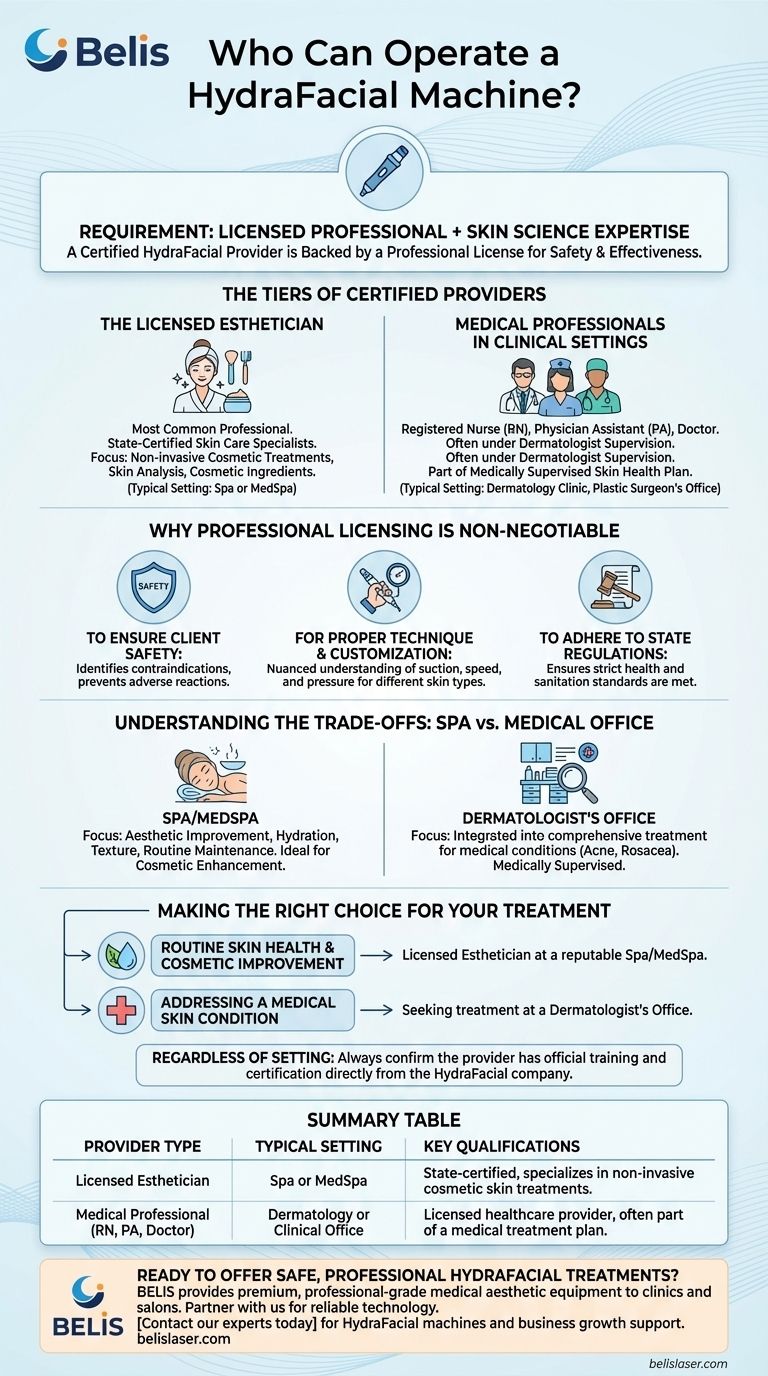
Related Products
- Hydrofacial Machine with Facial Skin Analyzer and Skin Tester
- Hydrafacial Machine with Facial Skin Analyzer Skin Tester
- 12D HIFU Machine Device for Facial HIFU Treatment
- 9D 7D HIFU Vaginal RF Lifting Treatment
- 7D 12D 4D HIFU Machine Device
People Also Ask
- What makes the HydraFacial machine's technology unique? Discover the Power of Patented Vortex-Fusion® Delivery
- How can a HydraFacial treatment be personalized? Tailor Your Skincare with Boosters and Adjustable Suction
- What does a HydraFacial machine do? Achieve Radiant Skin with No Downtime
- Why is hydrodermabrasion often preferred over microdermabrasion for acne-prone skin? Gentle Pore Cleansing Solutions
- What are the key benefits of hydrodermabrasion for sensitive skin? Discover Gentle Exfoliation and Deep Hydration

